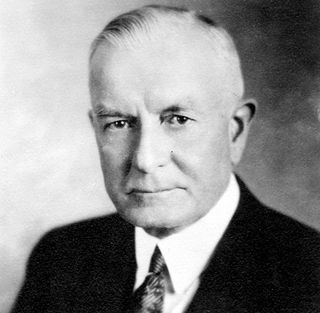A Quote by Adam Lashinsky
The reliable way great conglomerates grew over time was by adding new products and buying new companies. IBM moved from mainframe to PCs.
Related Quotes
When I first moved here, I almost felt like I was obligated to hate L.A. as a New Yorker. I moved way too fast for this city. I walked everywhere, and I was lonely, too. It was a really hard time not knowing anybody, and you don't run into people the way you do in New York. You can go a week without seeing anyone.
Over the past 60 years, marketing has moved from being product-centric (Marketing 1.0) to being consumer-centric (Marketing 2.0). Today we see marketing as transforming once again in response to the new dynamics in the environment. We see companies expanding their focus from products to consumers to humankind issues. Marketing 3.0 is the stage when companies shift from consumer-centricity to human-centricity and where profitability is balanced with corporate responsibility.



































